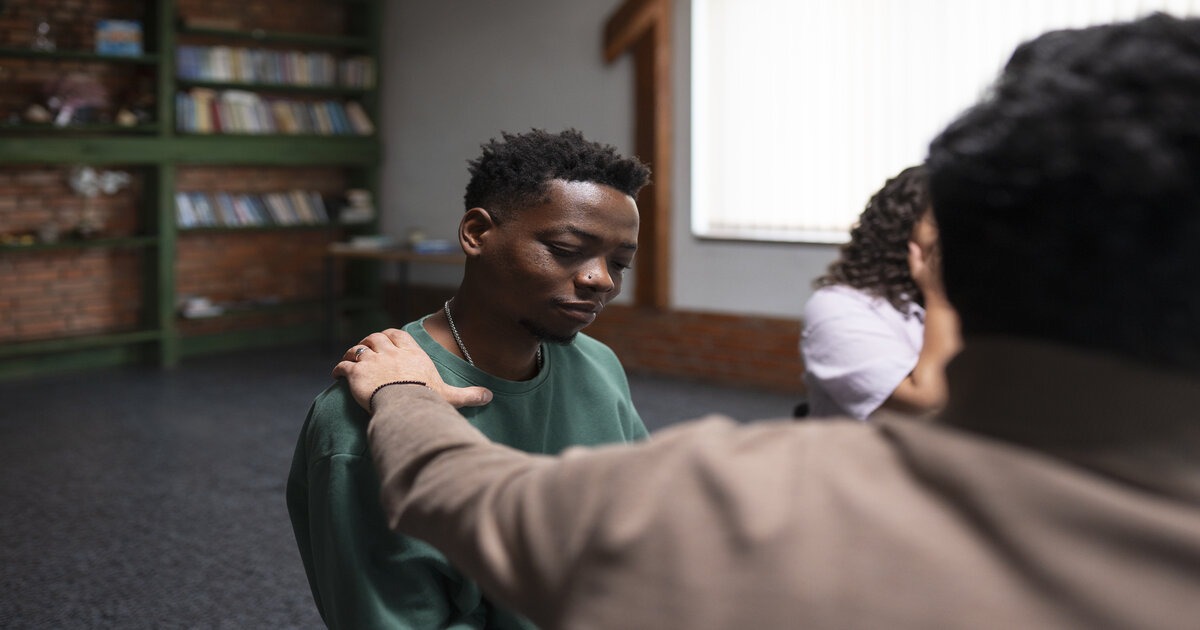The Impact of Education on Juvenile Crime Prevention
Currently, youth represent the engine of the future in our societies. Their empowerment becomes essential for collective development, requiring tools and opportunities that enable them to unfold their potential and lead within their communities. In this sense, education and social justice play a crucial role as foundations of this empowerment process.
To achieve this empowerment, it is essential to provide them with tools and opportunities that allow them to unfold their potential and become leaders in their communities. Thus arises the fundamental importance of education, not only as a transmitter of knowledge but also as a builder of values that shape young people into integral and responsible individuals.
Addressing the issue of youth delinquency
Before diving, into the importance of education in shaping the youth it’s crucial to delve into the root causes and effects of lacking access to education and how this can contribute to delinquency. The types of offenses typically committed by individuals can vary based on factors like their socio background, availability of educational and employment opportunities feelings of social exclusion and influence from peers. All factors that heighten their susceptibility. Common crimes among youths include vandalism, drug abuse and distribution theft physical aggression online harassment and association, with gangs. It is a problem that truly affects us as a society and we must approach it with a more humane and empathetic perspective, understanding that these young people have made mistakes in their past but, like everyone else, deserve a second chance to make amends.
Youth Reintegration: Providing Second Chances
Helping individuals reintegrate after getting involved in activities is vital, for their development and societal fairness. Taking steps like education initiatives, job opportunities, emotional support, extracurricular engagements, and mentorship programs can prevent or reduce such behaviors. Acknowledging that young people should be given a chance is crucial during their formative years. Education plays a role by equipping them with tools to reflect on their choices and pave a path away from crime. Educational programs, in settings, do not only impart knowledge and skills but also serve as effective rehabilitation methods boosting self-esteem and broadening the horizons of young individuals.
Education is a set of resources
Many might think that education is only about imparting theory and knowledge. Still, the reality is that we must also provide these young people with tangible tools to develop their skills. This involves giving them access to resources such as books, technology, educational tools, and job-related resources such as vocational training programs and specific technical skills training to prepare them for employment in various sectors. Teaching social skills such as effective communication, empathy, collaboration, and teamwork, are fundamental for establishing positive relationships and functioning in social and work environments. It would be ideal for them to have financial education as well, as it is a way for them to have a good relationship with money, learn how to save, how to budget, and less importantly, education to promote physical and mental health.
Educating through Example
One of the valuable resources we have at the Second Chance Scholarship Foundation is the mentoring support. These are individuals who, with their career and work experience, have stood out and distinguished themselves. Young people truly need role models to guide and support them on their path to success. Mentoring provides valuable guidance, allowing them to learn from the experiences of those who have traveled similar paths. This mentor-mentee relationship not only aids in the personal and professional development of the young person but also provides them with a vital support network in critical moments.
Conclusion
In essence, education is a basic right for all children and adolescents, providing them with the necessary skills and knowledge to develop into adults while equipping them with tools to understand and exercise their rights and responsibilities. It’s about supporting these new generations to become their best selves and how they can contribute positively to society. It’s also important to understand what kind of skills they must help them reach their full potential. Often, due to social pressure, young people may not pursue what truly impassions them but instead choose programs where they don’t feel competent. They may fear judgment or feel inadequate. The invitation to you, as you read this article, is: to give these young people a second chance. They deserve to become engineers, lawyers, doctors, marketers, or even musicians if that’s what they want.


1 Comment
Muy cierto la educación es un derecho igualitario para la niñez y adolescencia de tal firme que todos alcancen niveles de calidad de vida alta.
Muy valioso tu información gracias.
Add Comment